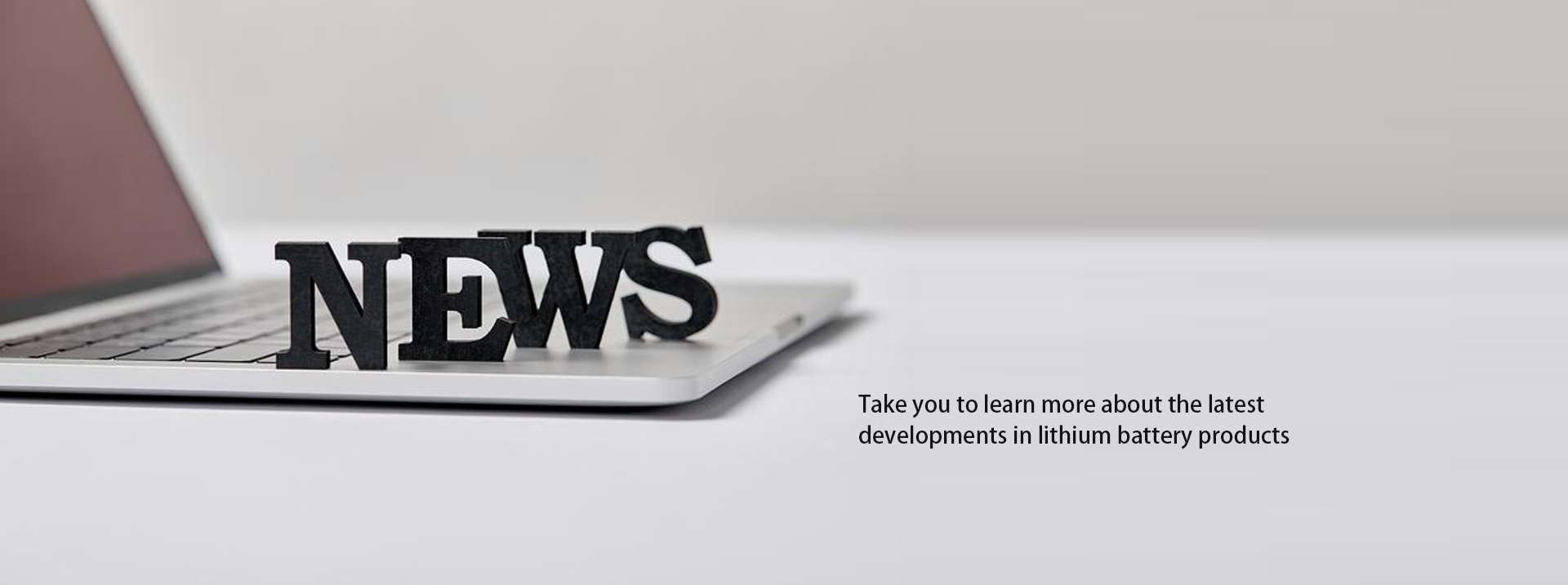From Lead to Lithium: Revolutionizing Battery Technology
Release time:
2025-09-21
Explore the evolution from lead to lithium batteries, their benefits, and applications in today's tech-savvy world.
The Battery Revolution: A Quick Overview
In the world of energy storage, the transition from lead batteries to lithium batteries is nothing short of revolutionary! Just a few decades ago, lead-acid batteries dominated the market. They were reliable, sure, but heavy and bulky—like carrying a suitcase full of rocks. Fast forward to today, and the game has changed. Lithium batteries are now the champions of power, offering lighter, more efficient, and longer-lasting solutions. Let's dig deeper into this fascinating transformation!
Why the Shift Matters
So, why should we care about lead-to-lithium batteries? Well, it's simple: these newfangled batteries are paving the way for innovation in countless industries. Whether it's electric vehicles (EVs), smartphones, or renewable energy storage, lithium batteries are everywhere! They're the unsung heroes behind the scenes, keeping our gadgets running smoothly and our emissions down. Talk about a win-win!
The Technical Breakdown
Now, let's get a bit nerdy. Lead-acid batteries use lead dioxide and sponge lead in a sulfuric acid solution to generate electricity. In contrast, lithium batteries utilize lithium compounds as the primary active material. This switch not only reduces weight but also enhances energy density. Simply put, you get more power in a smaller package—hence the popularity of lithium batteries in everything from laptops to electric cars!
Benefits of Lithium Over Lead
- Lightweight: Lithium batteries are significantly lighter than their lead counterparts, making them ideal for portable devices.
- Longer Lifespan: These batteries can last for years! Most lithium batteries can endure hundreds of charge cycles, while lead-acid batteries start losing capacity after just a handful.
- Faster Charging: Need a quick power boost? Lithium batteries charge faster, getting you back up and running in no time.
- Environmentally Friendly: While both types have their environmental concerns, lithium batteries are more recyclable and have a lower carbon footprint when produced responsibly.
Challenges Ahead
Of course, it's not all sunshine and rainbows. Lithium batteries come with their own set of challenges. For starters, they can be pricier than lead-acid batteries, which can deter some buyers. Additionally, the extraction of lithium can pose environmental issues. Still, with ongoing research and development, the industry is striving to tackle these challenges head-on.
The Future is Bright
Looking ahead, the future of batteries seems bright—pun intended! With the rise of electric vehicles and renewable energy sources, the demand for efficient, sustainable batteries is only going to grow. Innovations like solid-state batteries promise even greater safety and performance, further cementing lithium's place in the energy landscape.
Conclusion: Embracing Change
In conclusion, the transition from lead to lithium batteries isn't just a technical upgrade; it's a cultural shift towards more sustainable living. As we embrace this change, let's celebrate the innovation that has brought us to this point. Whether you're a tech enthusiast or just someone who appreciates a good battery, you can't deny: lead-to-lithium batteries are a game changer!



